Published
3 years agoon

As part of its Science in 5 miniseries, the World Health Organization published on May 12, an episode that covers the use of antibiotics, its importance, risks, and the measures to adopt to preserve the efficacy of antibiotics for future generations
Hosted by the Coordinator of Head-Strategy and Planning at WHO’s Department of Communications, Vismita Gupta-Smith, the episode sought the insights of WHO’s Assistant Director of Antimicrobial Resistance, Dr. Hanan Balkhy.
Commenting on WHO’s long-advocated rational use of antibiotics, Dr. Balkhy explained that since the discovery of the first antibiotic, Penicillin, in 1928, antibiotics have been undergoing several alterations due to the constant development of bacteria.
“I think if we just go back in history a little bit, in 1928, penicillin was discovered, which is the first antibiotic. So we’re talking over eight decades now of the first antibiotic,” stated Balkhy, adding that the problem is that these antibiotics were used to kill bacteria that cause disease to humans compared to now where these bacteria found new ways to escape the effects of the antibiotics.
Balkhy noted that antibiotics are critical for human and animal health, explaining that modern medicine available today cannot continue without effective antibiotics.
To ensure the safe and rational use of antibiotics, Dr. Balkhy recommended three things to keep in mind when taking these medications.
The first recommendation is to try to take antibiotics only when prescribed by a physician or a healthcare provider.
The second recommendation is to complete the antibiotic course based on the instructions given by the clinician.
And lastly, make sure not to share your antibiotic with family or friends because it needs to be prescribed based on guidance and the specific signs and symptoms that each individual is experiencing.
In terms of the measures that governments and individuals should take to preserve the efficacy of antibiotics for future generations, Dr. Balkhy stated that “WHO has given a lot of attention to antimicrobial resistance and we’re really working hand in hand with three other critical organizations and many others as well.”
“We have put in place with the member states certain national action plans so that they can have the right bits and pieces that need to be done in the healthcare system, in the agriculture system, in the environment, to make sure that the hygiene and the cleanliness of the environments where we eat and live,” explained WHO’s Assistant Director of Antimicrobial Resistance.
Dr. Balkhy further stated that governments must ensure the healthcare of people, mainly through raising awareness about immunization and its importance in reducing infections that require antibiotics.
Antibiotics are vital for the treatment of illnesses and have helped countless people around the world. Antibiotic resistance, one of the most pressing dangers to health, can occur anytime antibiotics are taken, resulting in negative side effects.
When using antibiotics, the advantages typically outweigh the risks of adverse reactions or drug resistance; however, the effectiveness of antibiotics is threatened by unregulated prescriptions. It is therefore critical to only use antibiotics when required to protect ourselves from the negative effects of unnecessary antibiotic use so we don’t fall into the trap of antibiotic resistance.
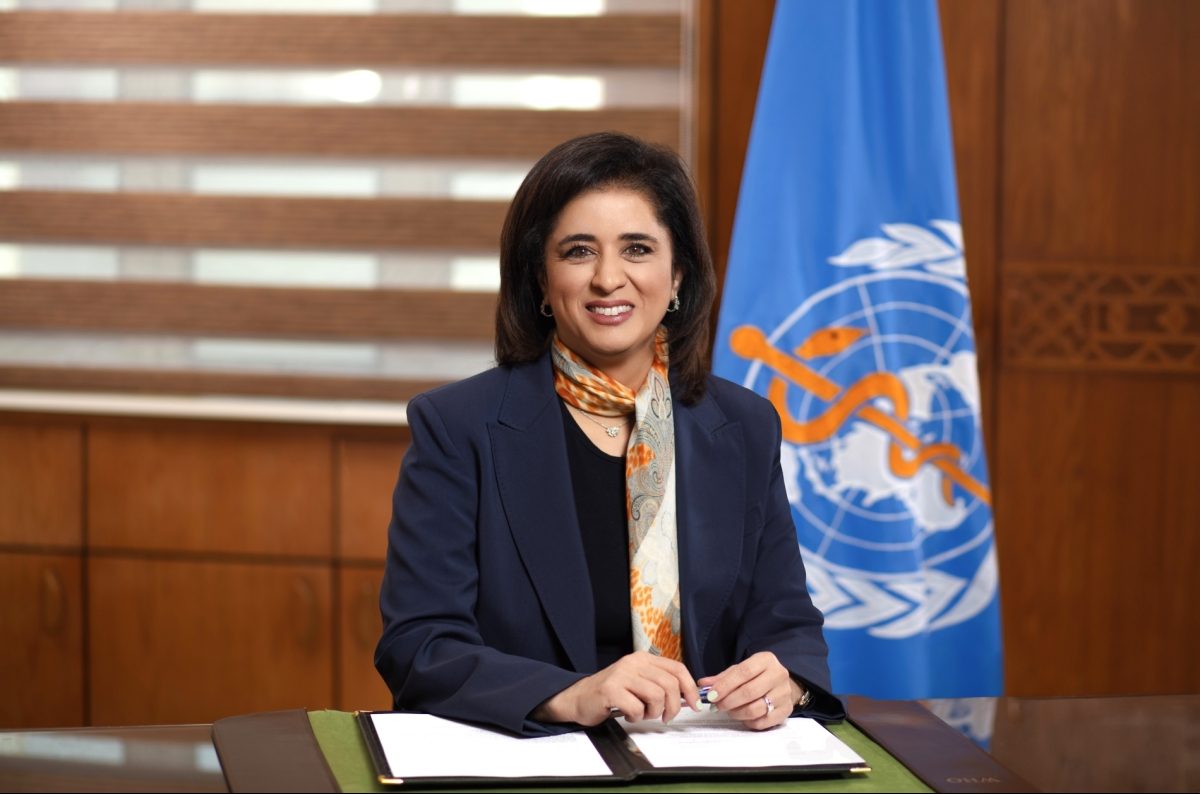

WHO Official Commends Royal Vision Relating to Health Sovereignty
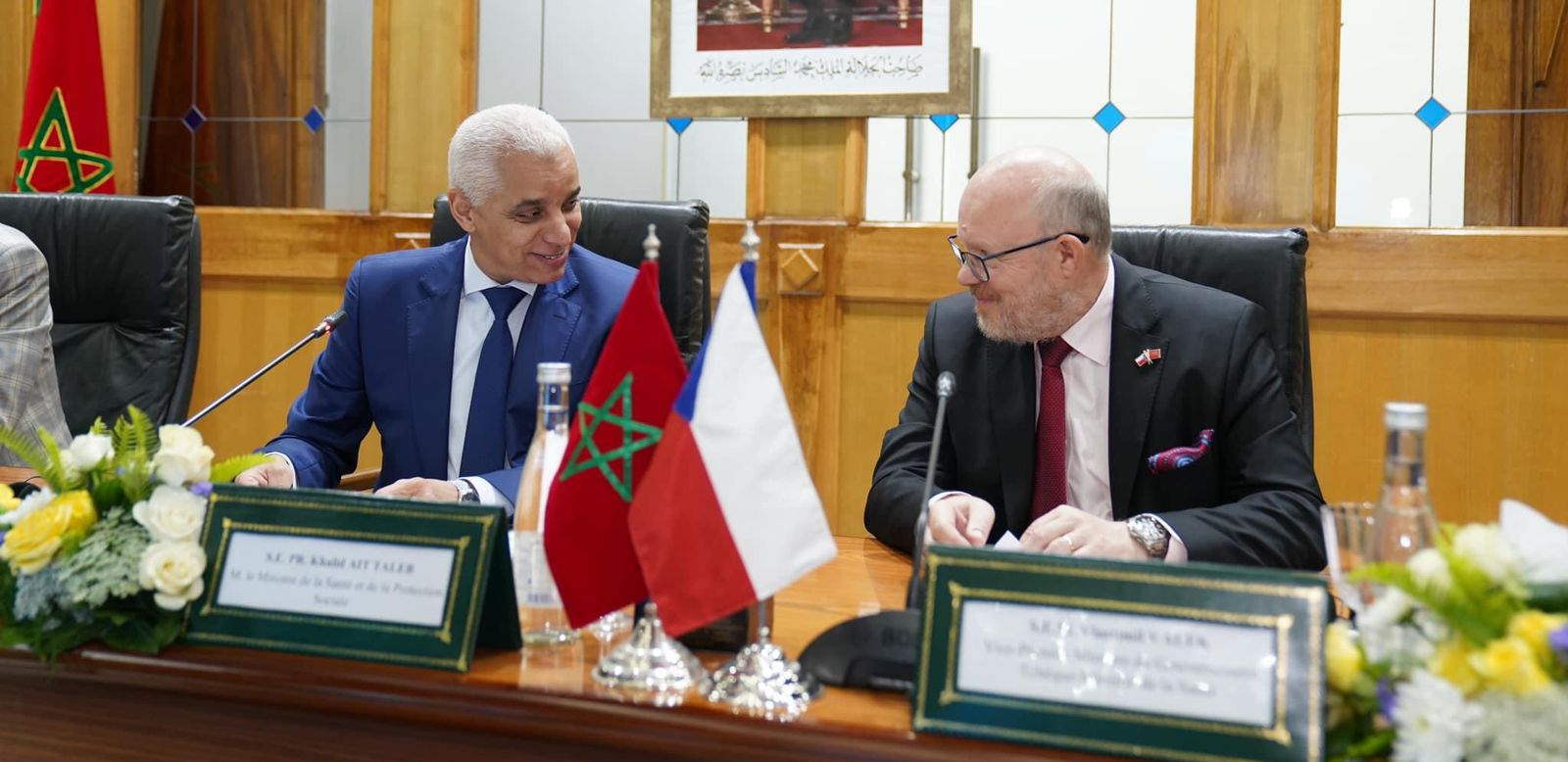
Health: Morocco, Czech Republic Examine Ways to Strengthen Cooperation


World Autism Awareness Day: From Surviving to Thriving


Measles: Morocco’s Ministry of Health Launches Extensive National Vaccination Campaign
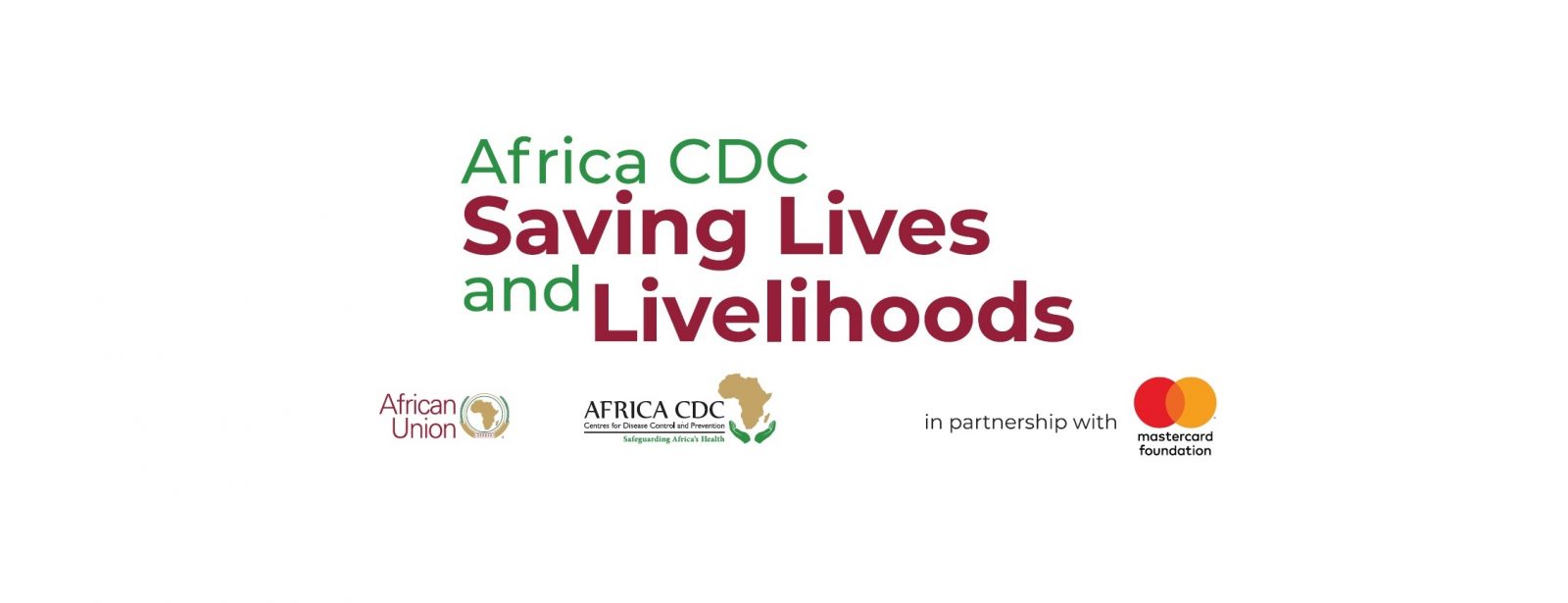
Africa CDC, Mastercard Foundation Affirm Commitment to Improving Health in Africa

Road Safety: WHO Consultant Commends Morocco’s Efforts


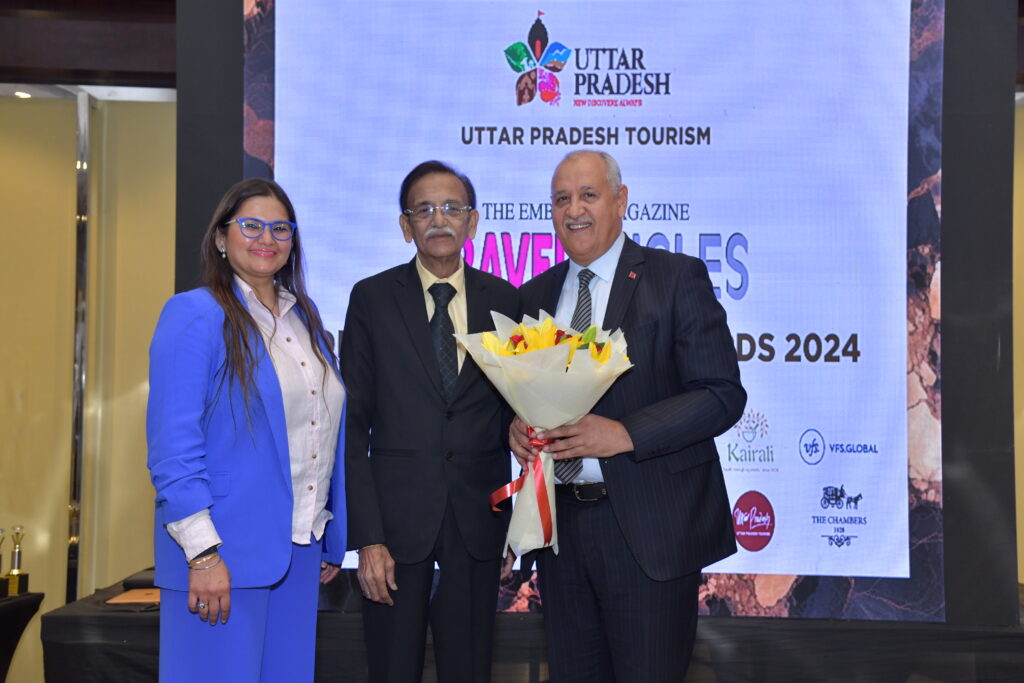
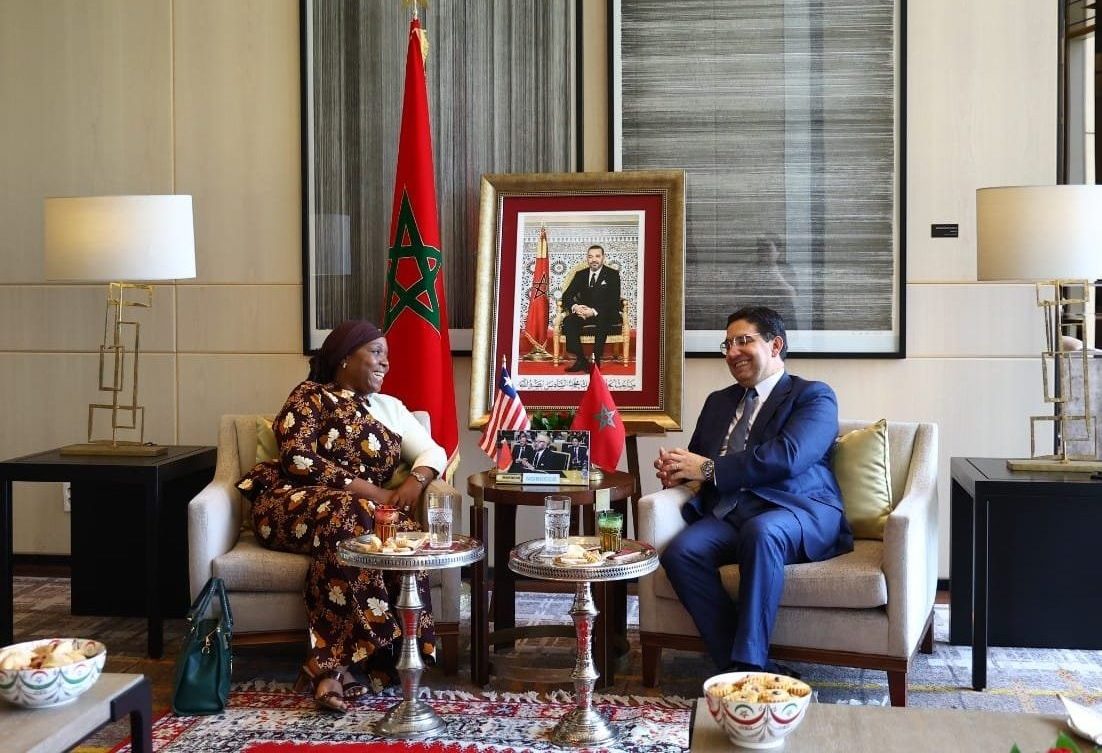

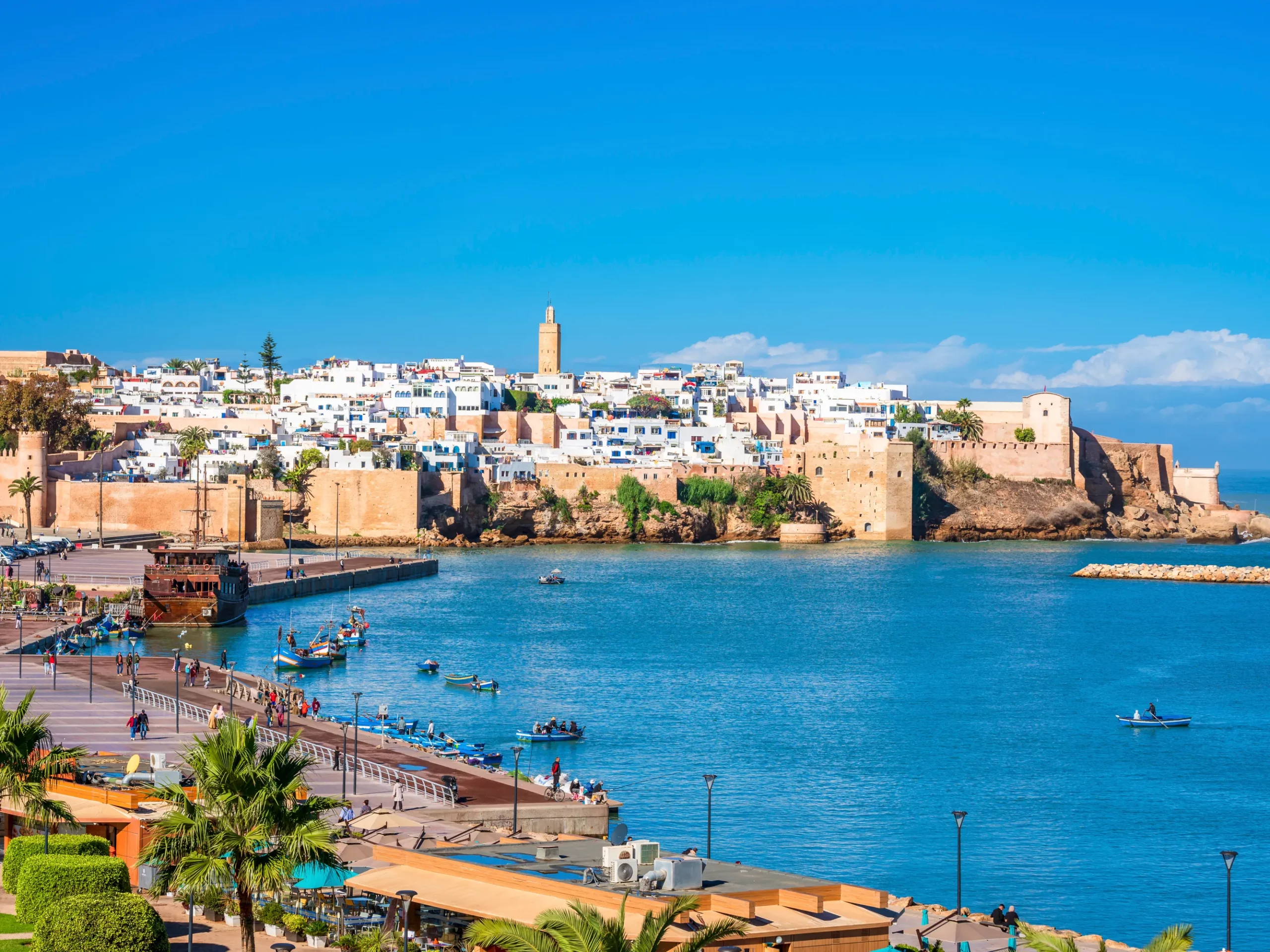
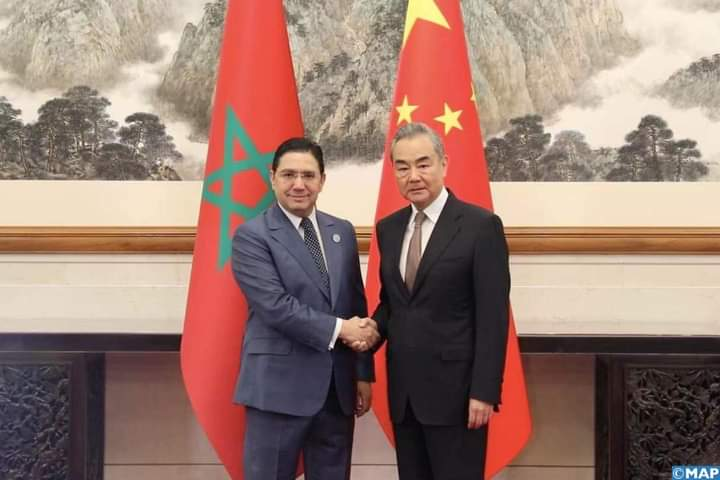
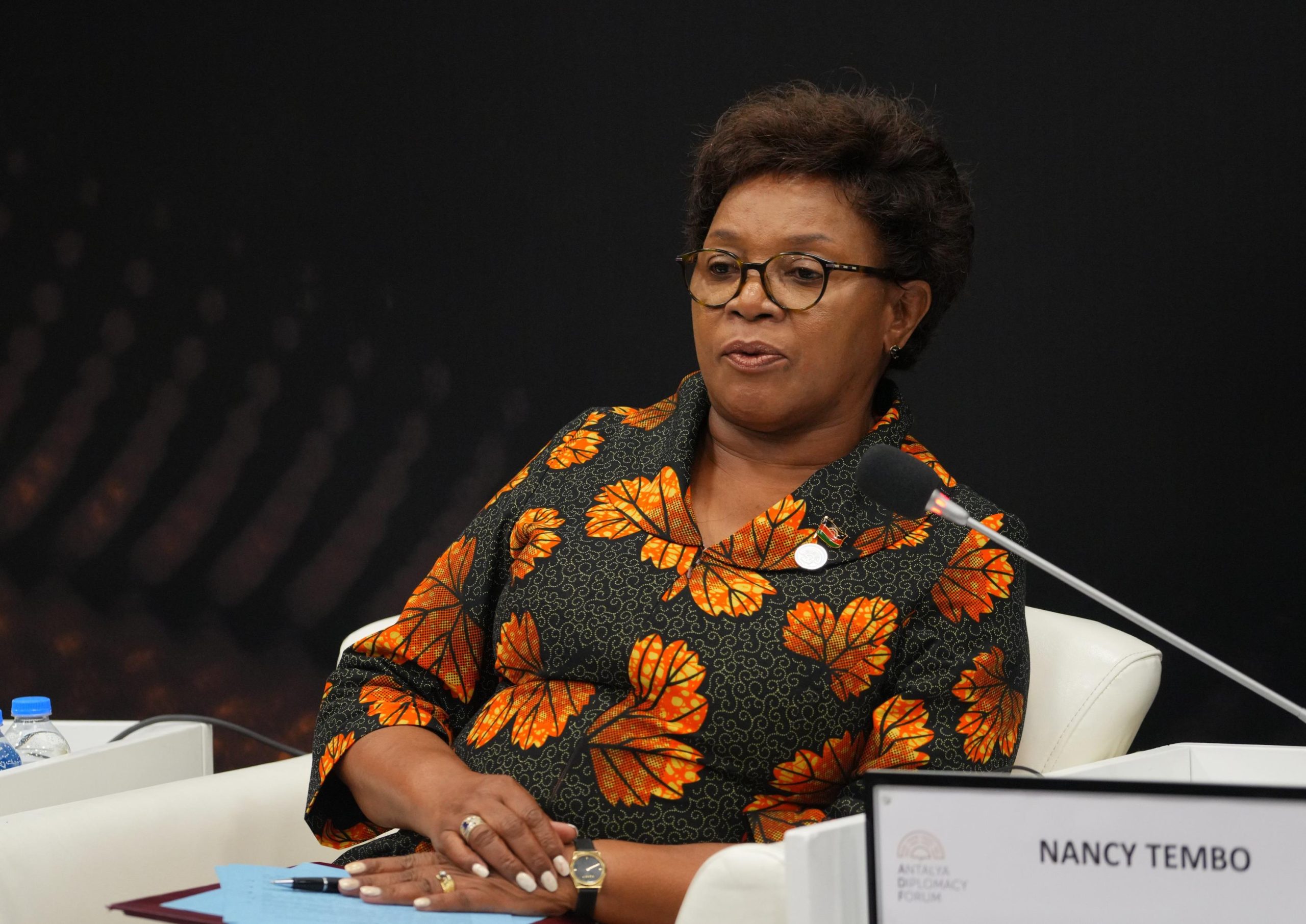
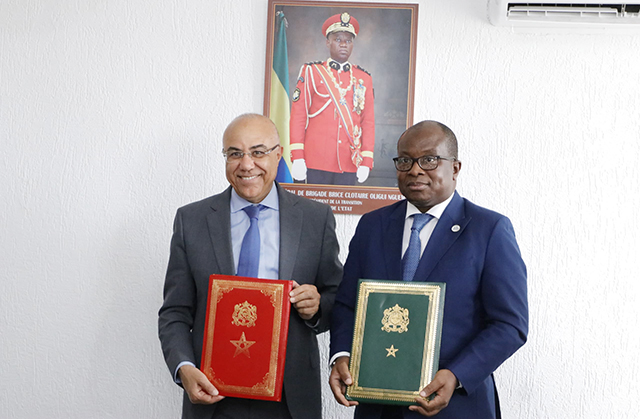
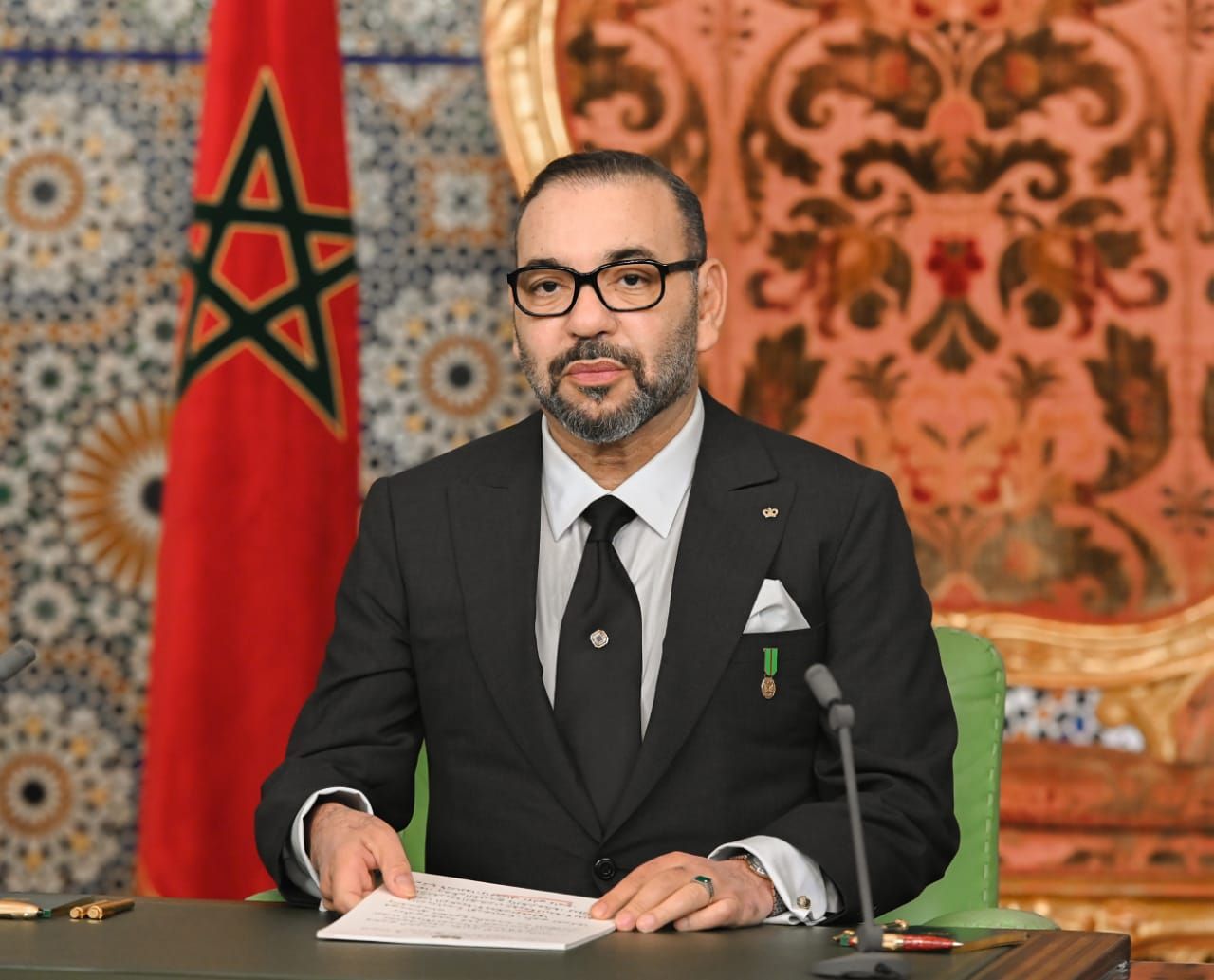


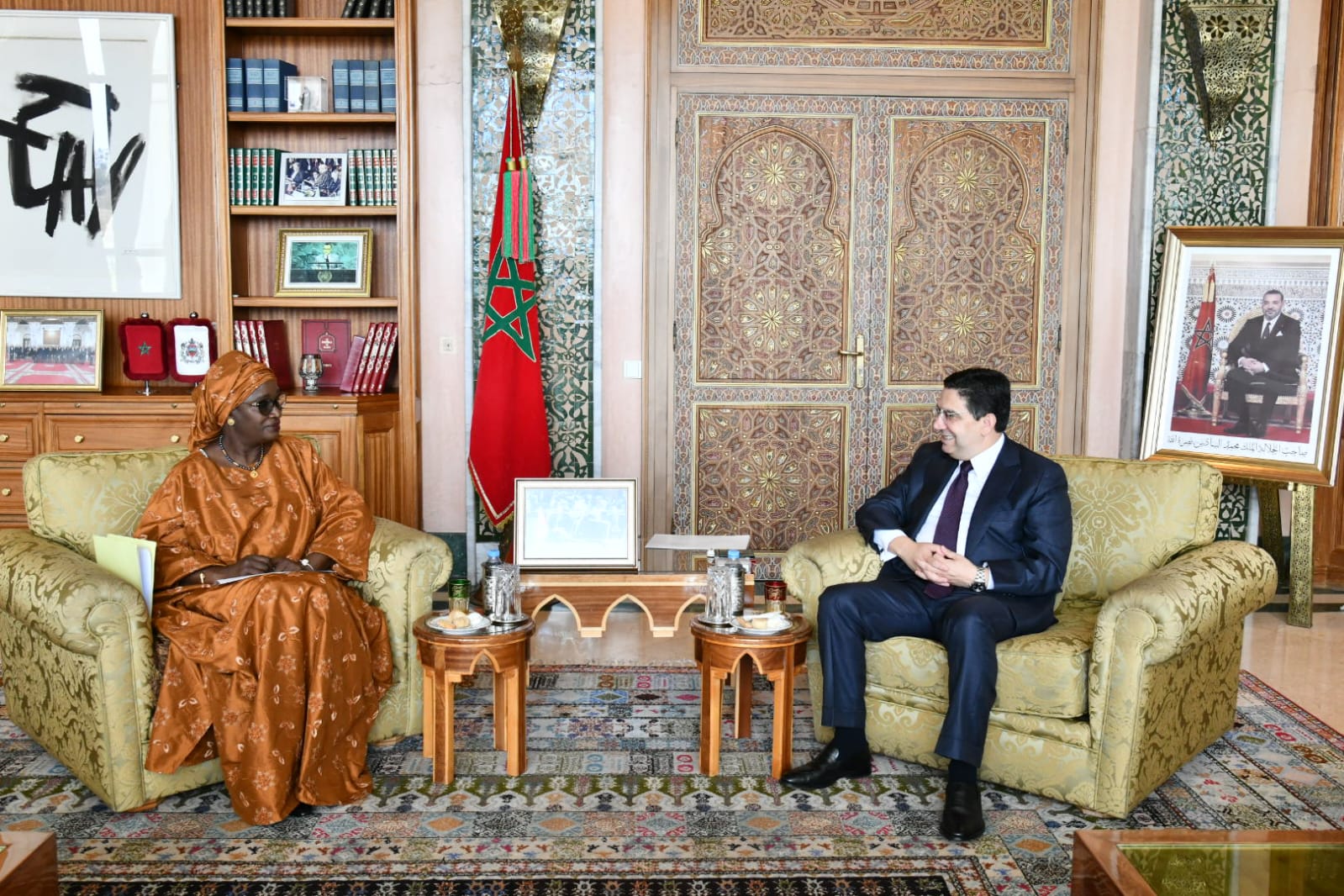



















Althena Media Group
Address:
Kamal Parc Center, Building A. Mohammedia. 28 810 Morocco
Phone Number: +212.710.39.99.99
Email: Contact@moroccoenglishnews.com
Advertising: Ads@moroccoenglishnews.com
Morocco English News is a leading digital news platform based in Morocco.
Morocco English News: See Morocco Differently
Updates and insights related to politics, culture, industry and technology, life and entertainment, Business and Finance.
